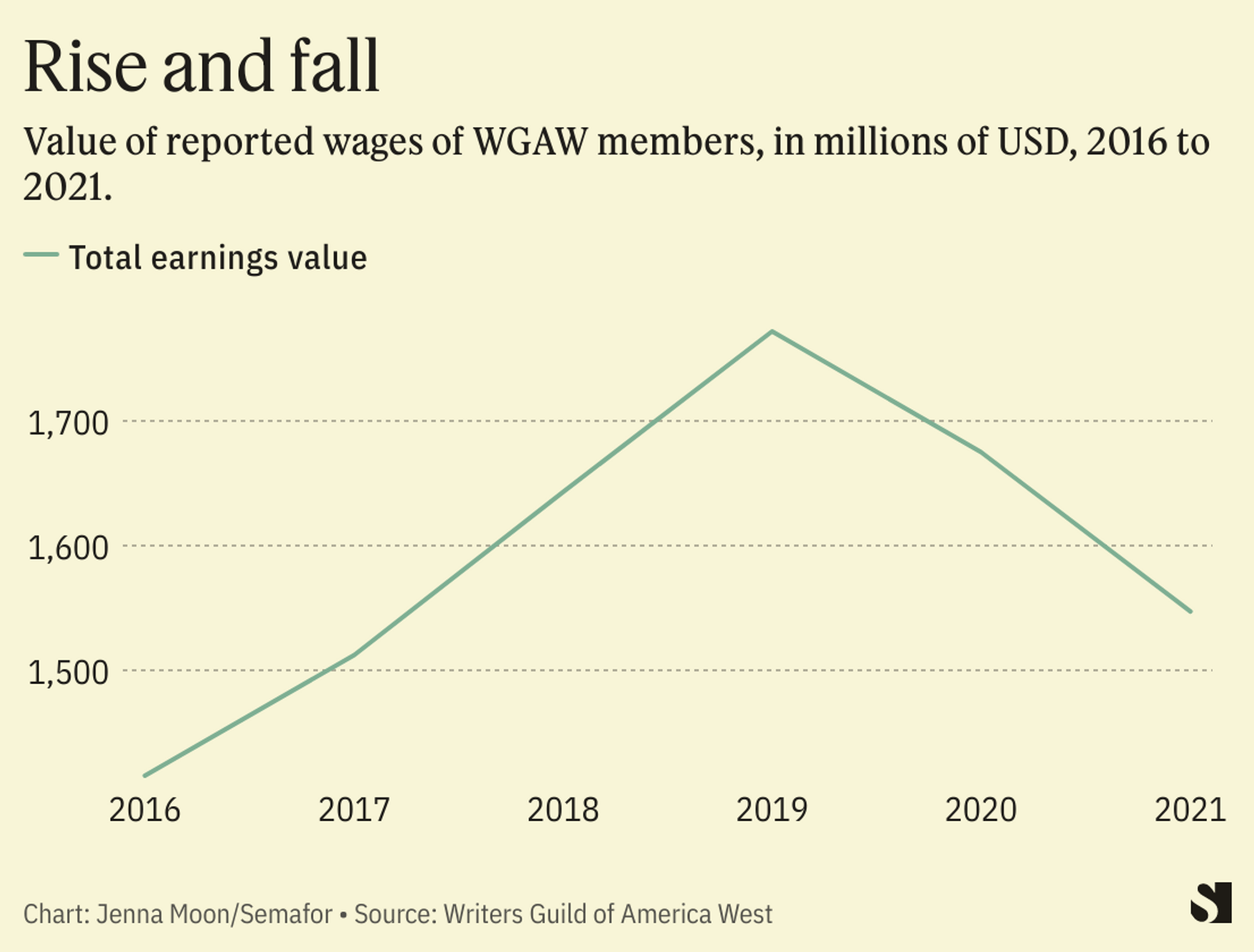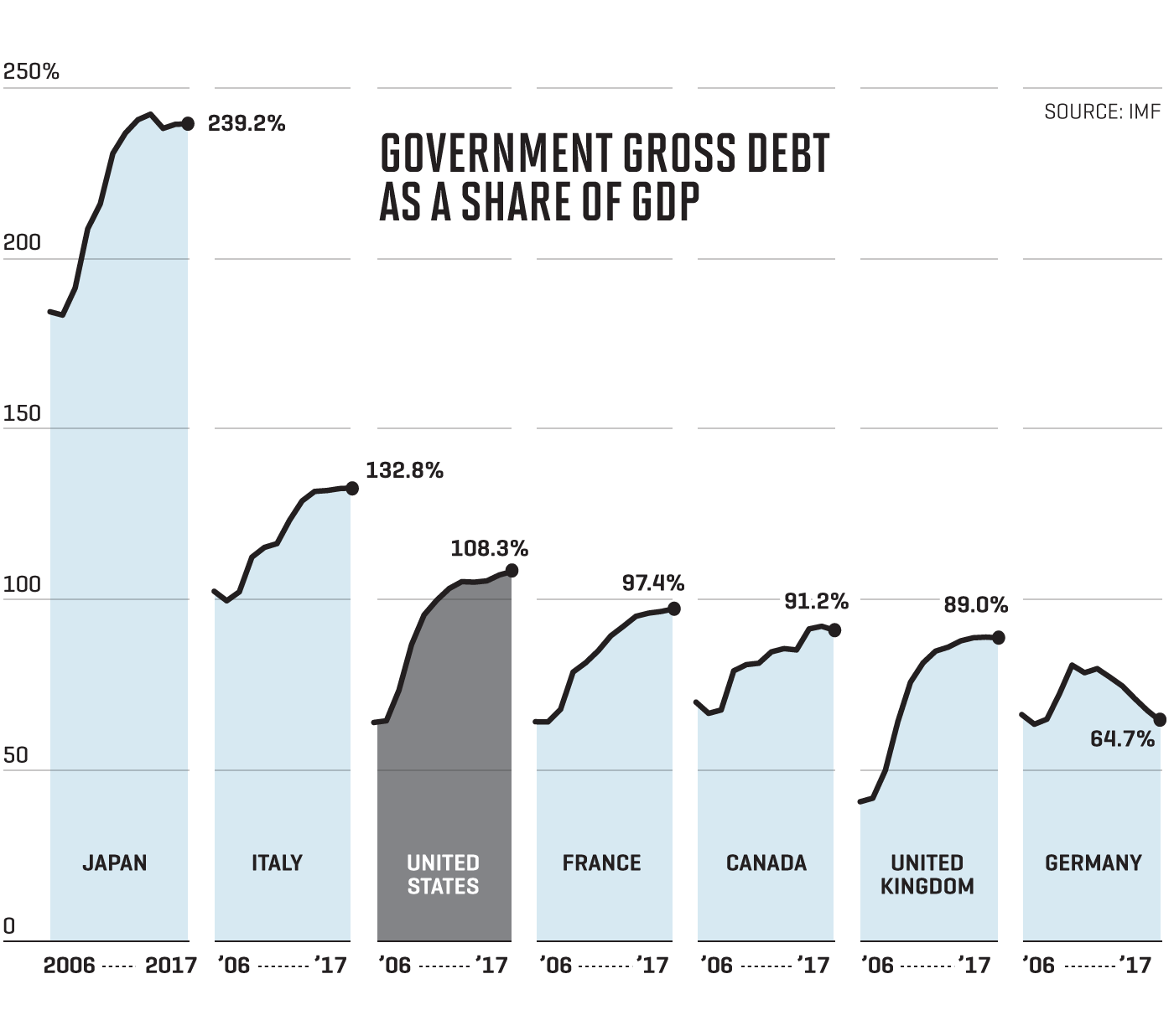The Rise Of OTC Birth Control: Redefining Reproductive Rights Post-Roe

Table of Contents
Increased Access and Affordability
The current system of accessing birth control presents significant barriers for many Americans. Securing affordable and convenient contraception is a challenge that disproportionately affects certain populations.
Breaking Down Barriers to Access
Prior to widespread OTC birth control availability, obtaining contraception faced numerous obstacles:
- Geographical limitations: Many rural areas lack sufficient healthcare providers, leading to long travel times and limited appointment availability.
- Cost-prohibitive factors: Prescription birth control, including pills, patches, and rings, can be expensive, particularly without insurance coverage or with high co-pays. A recent study showed that the annual cost of prescription birth control can range from $100 to over $500, depending on the method and insurance coverage.
- Insurance coverage issues: Even with insurance, navigating coverage complexities and high deductibles can create significant financial hurdles for many individuals seeking birth control.
OTC birth control directly addresses these barriers. The elimination of doctor's visits and prescriptions translates to significant cost savings and increased convenience. Lower costs associated with OTC options will make birth control more accessible to low-income individuals and those without insurance.
Expanding Options for Marginalized Communities
The availability of OTC birth control offers a crucial opportunity to improve reproductive healthcare equity for marginalized communities.
- Statistics on healthcare disparities: Studies consistently show that women of color, low-income individuals, and those living in rural areas face disproportionately higher barriers to accessing healthcare, including reproductive healthcare services.
- Improving equity through OTC access: OTC birth control directly mitigates these disparities by removing the need for appointments, prescriptions, and costly insurance plans.
By making birth control more readily available, OTC options can ensure that individuals in underserved communities have the same access to reproductive health resources as those in more privileged areas. This directly improves reproductive health outcomes and reduces existing health disparities.
Empowering Women and Enhancing Autonomy
Access to OTC birth control is not just about convenience; it's about empowering women and enhancing their autonomy over their reproductive health.
Taking Control of Reproductive Health
The ability to obtain birth control without needing a doctor's appointment provides greater control over one's reproductive health decisions.
- Privacy and convenience: The discretion afforded by OTC access allows individuals to manage their reproductive health privately and on their own terms.
- Increased self-efficacy: Having control over contraceptive choices empowers women to take responsibility for their sexual and reproductive health, fostering a sense of autonomy.
This increased control leads to improved compliance and contributes to better health outcomes. The psychological impact of self-determination regarding reproductive choices is significant and positively contributes to overall well-being.
Reducing Stigma and Normalizing Contraception
The accessibility of OTC birth control can play a vital role in destigmatizing contraception and promoting open conversations about reproductive health.
- Statistics on stigma: Many individuals still face social stigma and judgment related to contraception, leading to hesitation in seeking care.
- Positive impact on open communication: Wider access to OTC birth control can help normalize contraceptive use, making it easier for individuals to openly discuss reproductive health and make informed decisions.
Increased availability could ultimately lead to improved sexual health education and open dialogues about family planning, reducing the stigma often associated with contraception.
Potential Challenges and Concerns
While the potential benefits of OTC birth control are considerable, several challenges and concerns require attention.
Safety and Misinformation
Ensuring safe and responsible use of OTC birth control is paramount.
- Importance of proper education and clear labeling: Public health campaigns and clear product labeling are crucial to prevent misuse and promote safe practices.
- Risks of incorrect usage: Education regarding potential side effects, contraindications, and interactions with other medications is vital.
Clear and accessible information, coupled with comprehensive public health campaigns, can help mitigate potential risks and maximize the benefits of OTC birth control.
Regulatory Hurdles and Political Opposition
The path to widespread OTC birth control access faces significant regulatory and political obstacles.
- Examples of ongoing legislative battles: Some states and organizations continue to oppose greater access, citing concerns about safety, morality, and potential impacts on the healthcare system.
- Potential regulatory changes: The FDA approval process, along with potential future legislative actions, will significantly shape the accessibility and availability of OTC birth control.
Understanding the political landscape and actively engaging in advocacy efforts are crucial to overcoming these hurdles and ensuring access for all.
Conclusion
The rise of OTC birth control represents a significant step towards expanding access to reproductive healthcare and empowering individuals to make informed choices about their bodies. While challenges remain, the potential benefits – increased accessibility, affordability, and autonomy – are undeniable. Advocating for broader access to OTC birth control is crucial for securing reproductive rights and promoting health equity in a post-Roe America. Learn more about the ongoing efforts to increase access to safe and affordable OTC birth control and join the movement to ensure everyone has the reproductive freedom they deserve. Support policies that expand access to over-the-counter birth control and help make reproductive healthcare a right, not a privilege.

Featured Posts
-
 Transgender Sports Ban Minnesota Under Fire From Us Attorney General
Apr 29, 2025
Transgender Sports Ban Minnesota Under Fire From Us Attorney General
Apr 29, 2025 -
 Analyzing The Countrys Evolving Business Landscape
Apr 29, 2025
Analyzing The Countrys Evolving Business Landscape
Apr 29, 2025 -
 Reliance Earnings Surprise Boost For Indian Large Cap Stocks
Apr 29, 2025
Reliance Earnings Surprise Boost For Indian Large Cap Stocks
Apr 29, 2025 -
 Blue Origin Cancels Launch Vehicle Subsystem Issue Delays Mission
Apr 29, 2025
Blue Origin Cancels Launch Vehicle Subsystem Issue Delays Mission
Apr 29, 2025 -
 Actors And Writers Strike The Full Impact On Hollywood
Apr 29, 2025
Actors And Writers Strike The Full Impact On Hollywood
Apr 29, 2025
Latest Posts
-
 Analysis Factors Threatening Trumps Proposed Tax Legislation
Apr 29, 2025
Analysis Factors Threatening Trumps Proposed Tax Legislation
Apr 29, 2025 -
 Will Republican Divisions Sink Trumps Tax Bill
Apr 29, 2025
Will Republican Divisions Sink Trumps Tax Bill
Apr 29, 2025 -
 The Magnificent Sevens 2 5 Trillion Market Cap Decline
Apr 29, 2025
The Magnificent Sevens 2 5 Trillion Market Cap Decline
Apr 29, 2025 -
 The Impact Of Zombie Buildings On Chicagos Office Real Estate Market
Apr 29, 2025
The Impact Of Zombie Buildings On Chicagos Office Real Estate Market
Apr 29, 2025 -
 Republican Resistance To Trumps Tax Plan Key Groups And Obstacles
Apr 29, 2025
Republican Resistance To Trumps Tax Plan Key Groups And Obstacles
Apr 29, 2025
